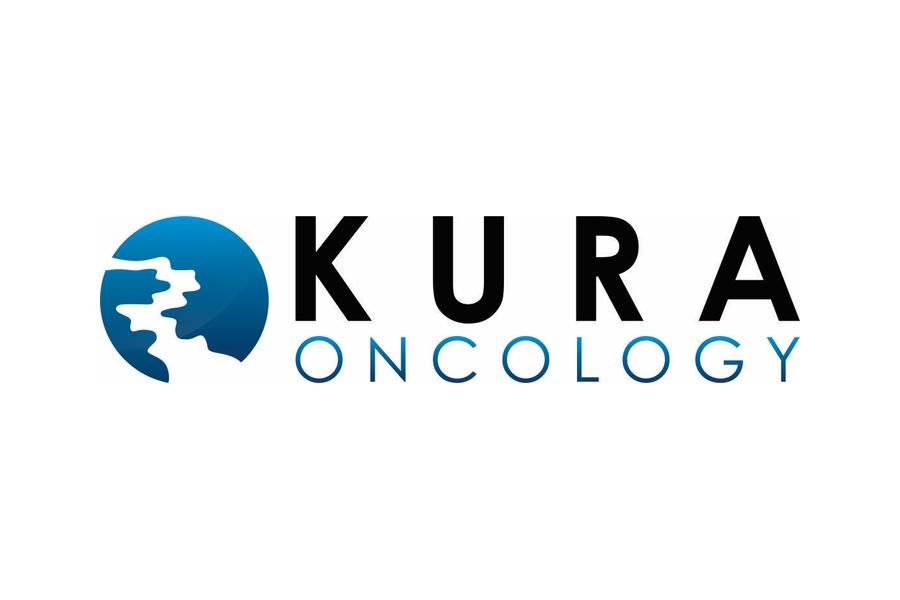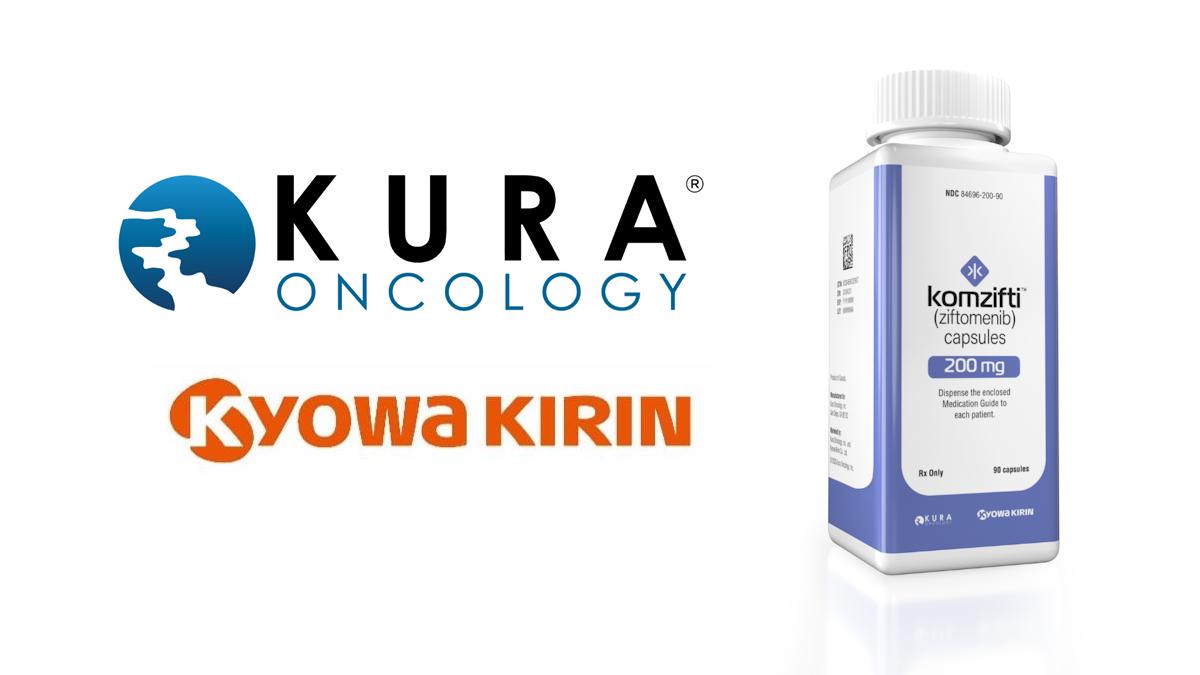Kura files $100m offer after menin inhibitor results in AML

The development of Kura Oncology’s menin inhibitor ziftomenib for acute myeloid leukaemia has been held back by safety concerns in the past, but new data suggests the programme is firmly back on track – and the biotech has filed a $100 million offering to help fund its future development.
At the European Haematology Association (EHA) congress, the biotech presented new results from a phase 1/2 KOMET-001 trial of the drug in heavily pretreated patients with NPM1-mutant AML, with seven of 20 patients (35%) taking a once-daily oral 600 mg dose of the drug going into complete remission (CR).
The median duration of response for patients was 8.2 months, which is remarkable given that the subjects enrolled into the trial had been previously treated with and progressed after an average of three therapies, and the drug was well-tolerated, according to investigators. The overall response rate (ORR) at this timepoint is 45%.
The study also included smaller number of patients with additional ‘gatekeeper’ mutations, and here the trends were similar – a CR of 33% (two of six patients) with FLT-3 mutations and 50% (four of eight patients) in an IDH-mutant group.
There are no FDA-approved targeted therapies for NPM1-positive AML, and the results put Kura in the running to provide an option for this population, which accounts for around a third of all cases of the cancer.
The mutation is known to be associated with a more aggressive form of AML, with a five year survival rate of around 50% and a high risk of relapse.
Kura's chief medical officer, Dr Stephen Dale, said on a conference call that the new data – including little evidence that it stimulates resistance – suggests the menin inhibitor could have potential for use upstream of current drugs targeting FLT-3 and IDH 1/2.
FLT3 therapies currently include Novartis’ Rydapt (midostaurin) and Astellas’ Xospata (gilteritinib), while the IDH group consists of Bristol-Myers Squibb/Servier’s Idhifa (enasidenib) and Servier’s Tibsovo (ivosidenib).
“We believe ziftomenib has the ideal properties to become a cornerstone of therapy across the continuum of treatment,” he said.
Kura is in the process of enrolling patients into a phase 2 pivotal trial of ziftomenib in NPM1-mutant AML, and is also pressing ahead with combination studies with AbbVie’s BCL-2 inhibitor Venclexta (venetoclax) and chemotherapies.
The aim is to “convert 50% of AML from an acute to chronic condition,” said Dale.
Kura’s progress with ziftomenib was held up by a partial clinical hold imposed by the FDA after a patient death was seen in a trial, but was quickly lifted and the company is now among the front runners in efforts to bring a menin inhibitor to market.
One other company with aspirations to do so is Syndax Pharmaceuticals, whose revumenib has also reached the phase 2 testing stage in KMT2Ar-positive AML.













